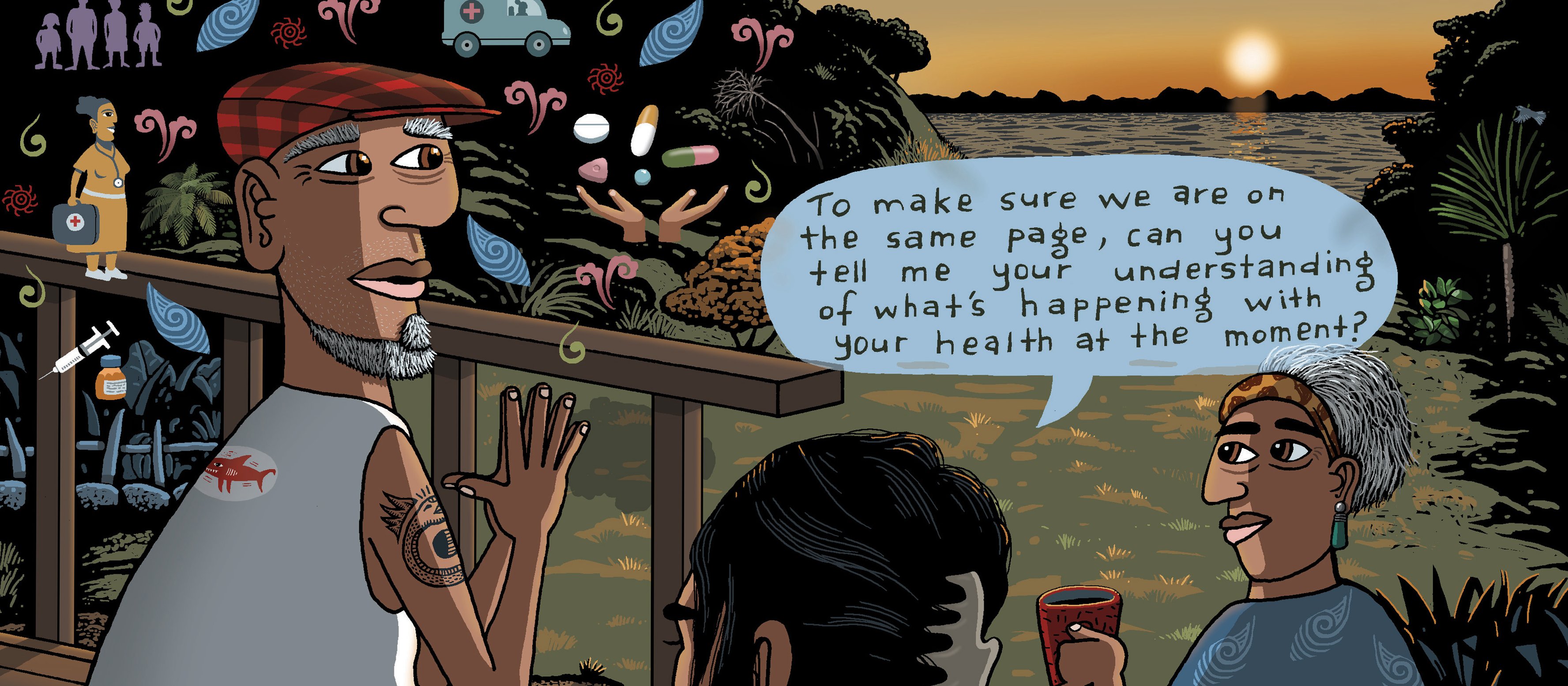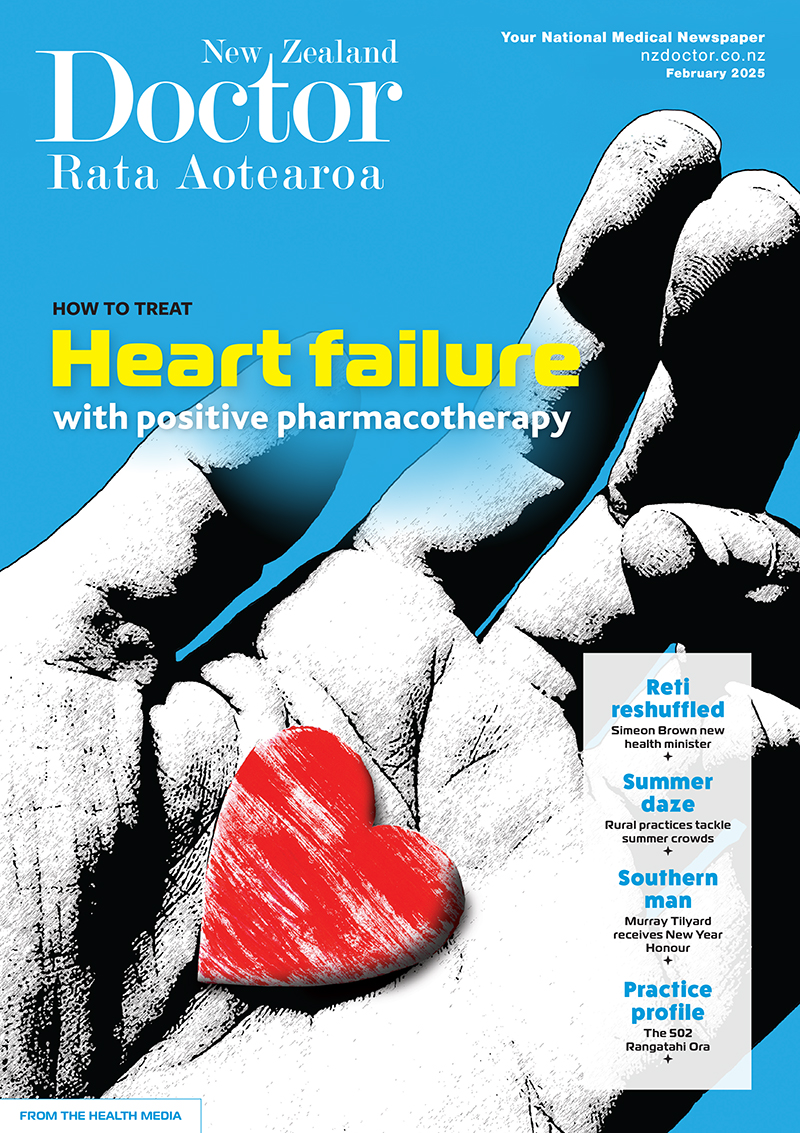Pharmacist prescribers Linda Bryant and Leanne Te Karu discuss positive polypharmacy for heart failure. Current evidence shows the intensive implementation of four medications offers the greatest benefit to most patients with heart failure, with significant reductions in cardiovascular mortality, heart failure hospitalisations and all-cause mortality
Anticipatory prescribing - assessment answers
Anticipatory prescribing - assessment answers

Below are the answers to the assessment from How to Treat: Anticipatory prescribing
Record your score using the Capture button at the bottom of this page – simply add your score in the the Capture Note box that appears when you click on Capture. You can view your Capture Record at any time and even download a .csv file for your own records (more details about how Capture works can be found here).
Achieving 8 or more correct answers will allow you to claim the CPD credits allocated to this course (1 credit per learning hour). To claim your CPD credits, log in to your Te Whanake dashboard and record this activity under the appropriate learning category.
1. What has the strongest influence on the successful initiation of anticipatory prescribing for community palliative and end-of-life care?
b. Expertise of designated prescribers
2. Anticipatory prescribing aims to enable timely access to medications when patients need them most. Which illness trajectory requires earlier initiation of prescribing?
a. Advanced long-term condition, such as organ failure
3. With anticipatory prescribing, where are medications intended to be accessed?
c. Where needed, in line with patient wishes
4. Why is anticipatory prescribing used?
d. To relieve distressing symptoms
5. The Serious Illness Conversation Guide serves as a guide to which of the following processes?
e. All of the above (addressing concerns about future deteriorations in health; exploring the available interventions before recommendations are made; exploring the patient’s understanding of their illness; identifying the patient’s priorities and values)
6. Early conversations about anticipatory prescribing can be key to establishing connection and trust between patient and prescriber. Which two statements regarding such conversations are correct?
a. A discussion about anticipatory prescribing should ideally take place more than once
b. Consumers find initiating serious illness conversations difficult and want others to do so
7. What is the primary role of the GP in anticipatory prescribing for community palliative and end-of-life care?
d. They partner with the patient and whānau to manage needs, while maintaining responsibility and oversight of the treatment plan
8. A shared decision is made whether to have anticipatory medications dispensed to the patient’s home or to rely on the stock of the St John ambulances. Which of the following medications must be dispensed to the patient’s home (is not carried by ambulances)?
c. Morphine
9. Which two of the following are enablers of anticipatory prescribing?
b. Having one assigned doctor per aged-care facility
e. Tools for identifying palliative care needs
10. Telehealth is a system that enhances anticipatory prescribing. True or False?
a. True
Remember to record your score using the Capture button below



